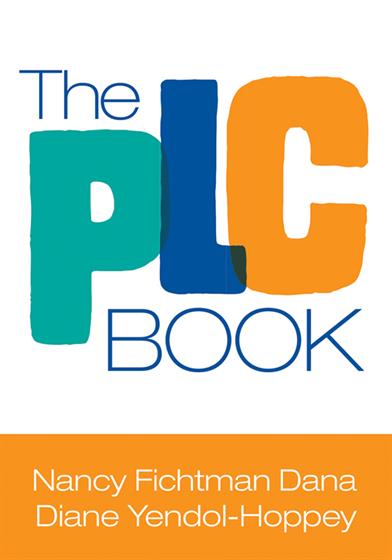
Hands-on, Practical Guidance for Educators
From math,
literacy, equity, multilingual learners, and SEL, to assessment, school counseling,
and education leadership, our books are research-based and authored by experts
on topics most relevant to what educators are facing today.
The PLC Book
This guide helps PLC members learn to give voice to issues, collaborate on an area of focus, take action, and share results outside the PLC.
Product Details
- Grade Level: PreK-12
- ISBN: 9781483382654
- Published By: Corwin
- Year: 2015
- Page Count: 128
- Publication date: October 22, 2015
Review Copies
Review copies may be requested by individuals planning to purchase 10 or more copies for a team or considering a book for adoption in a higher ed course. To request a review copy, contact sales@corwin.com.



